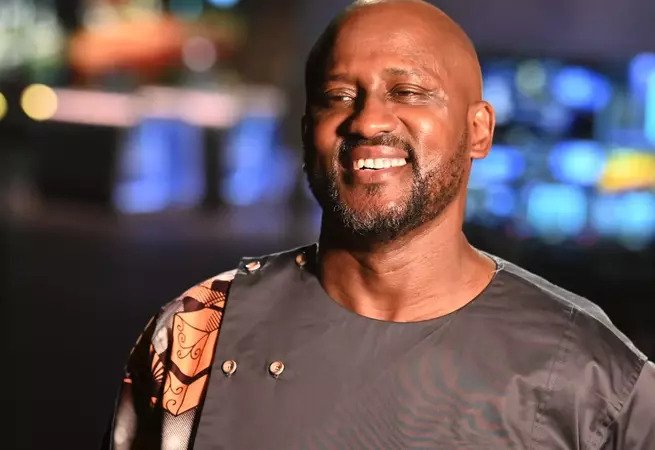Here is an expanded version of the article with additional background information:
Legendary singer Ringo Madlingozi expressed frustration after alleged mistreatment at the DStv Delicious International Food and Music Festival, claiming he was made to wait hours for a soundcheck and cut off during his performance.
The incident has sparked broader concerns about fair treatment of local artists compared to international acts at major South African music festivals.
Madlingozi, a 59-year-old singer with over 35 years of experience, said he was convinced by his former management to perform at the festival despite feeling he had amassed too much experience to be an opening act. He agreed solely because fans would be there and he looked forward to performing.
However, when he arrived, the veteran musician found the audience sparse for his set. "There was nobody but I started singing and a few people started approaching the stage but you could see on their faces that they were confused as to why I was on stage at that time," he said.
Madlingozi said he encountered issues with stage organizers and security guards prior to his performance. He alleged he waited over two hours for a 9am soundcheck, only to be told to leave the stage after 20 minutes. Without time to change into performance clothes, Madlingozi drove his outfit to the show while his band members went on in their own attire.
During the 38-minute set, organizers reportedly told Madlingozi his time was up, though his team had rehearsed a full hour-long show.
"We as local artists were treated unfairly. I mean, the people handling the stage didn't look like they gave a damn who I was. They were pushing and pressing me to get on stage to perform," he said.
Madlingozi questioned why local artists face this treatment in their own country, arguing treatment should be equal, not better for international stars.
The Delicious Festival, now in its 10th year, responded that it prides itself on celebrating South African heritage and treating all artists equally. Media director Funeka Peppeta said, "To hear that there is a complaint in this regard is a huge concern for us."
However, Madlingozi's experience has amplified ongoing concerns that South African music festivals fail to adequately support local talent. Though meant to celebrate African culture, these events sometimes prioritize foreign acts. For example, hip hop group Die Antwoord clashed with organizers at Cape Town's Rocking the Daisies festival in 2018 after being relegated from main stage to second stage.
While major festivals provide huge platforms for artists, more care and communication may be needed to ensure fair treatment, especially for music veterans like Madlingozi with dedicated local followings. His frustrating experience highlights a broader need for festivals to evaluate how they value South African talent compared to international performers.











